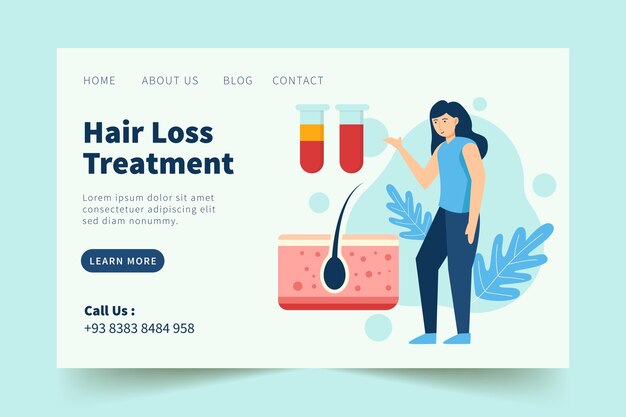
Polycystic ovary syndrome (PCOS) is a condition where a woman experiences a hormonal imbalance. This can lead to difficulties with getting pregnant, irregular periods, and even changes in appearance. It’s crucial to treat PCOS promptly to manage symptoms and prevent long-term health issues like heart disease and diabetes. PCOS is relatively common and can start showing symptoms as early as the teenage years.
PCOS involves a disruption in hormone levels. Hormones are chemical messengers that regulate essential body processes like energy production and growth. In PCOS, hormonal imbalances occur, leading to a chain reaction of unusual hormonal triggers. For example, a woman might produce more androgens than usual, causing symptoms like acne, excessive facial or body hair, and sometimes stopping ovulation. Additionally, the body might struggle with insulin usage, raising blood sugar levels and increasing the risk of diabetes.
Common symptoms of PCOS can be mild initially and vary in number. These include:
– Acne
– Weight gain or difficulty losing weight
– Excess body hair
– Thinning hair
– Irregular periods
– Depression
– Fertility issues
Often, small cysts form on the ovaries, contributing to the hormonal imbalances. PCOS can be hereditary, so if it runs in your family, you might have a higher chance of developing it.
When diagnosing PCOS, doctors will ask about your medical history, symptoms, and menstrual cycles. They may perform a physical exam to check for signs like high blood pressure and excess body hair, and assess your BMI. Hormone tests can help identify PCOS and rule out other conditions like thyroid problems. Ultrasounds may also be used to detect ovarian cysts.
Treatment for PCOS includes lifestyle changes such as regular exercise, a healthy diet, and weight management. Medications can also help balance hormones. By treating PCOS, patients can reduce symptoms and prevent long-term health issues. Eating heart-healthy foods, maintaining balanced blood sugar levels, and incorporating regular exercise are beneficial. Avoiding smoking is also important as it can increase androgen levels and heart disease risk.
Common medications for PCOS include birth control pills to regulate periods and androgen-reducing drugs like spironolactone. However, these are not prescribed if you’re trying to conceive. Regular follow-ups with your doctor are essential to monitor and adjust the treatment plan as needed. Be patient, as it may take time to see improvements.
To manage specific symptoms like facial hair and acne, consider using acne medications and hair removal methods like waxing or shaving. Dealing with PCOS can be challenging, so seeking support from a counselor, other women with PCOS, or support groups can be helpful if you feel sad or depressed.



